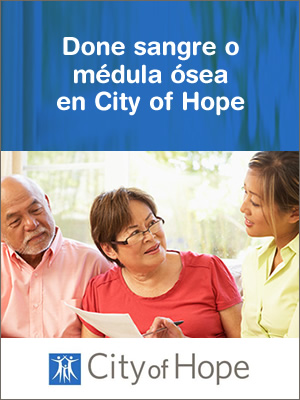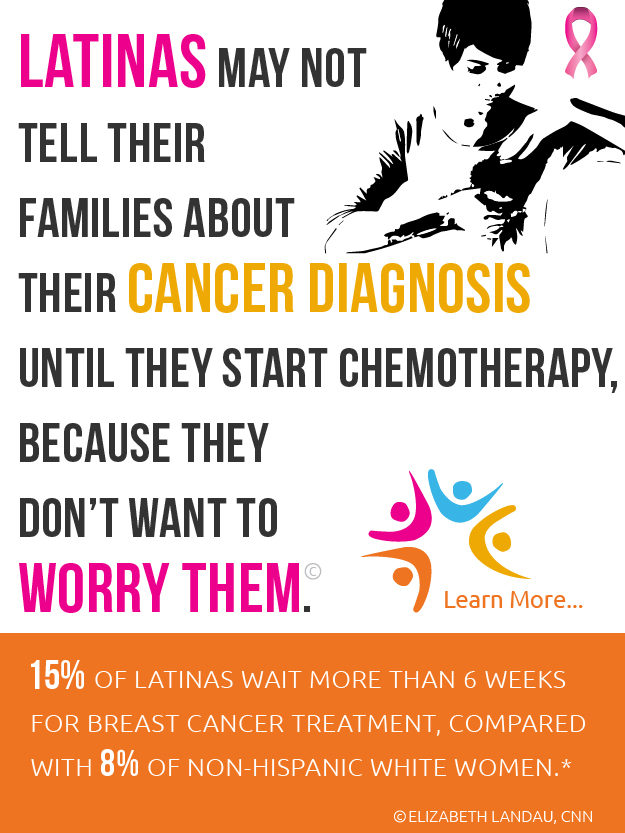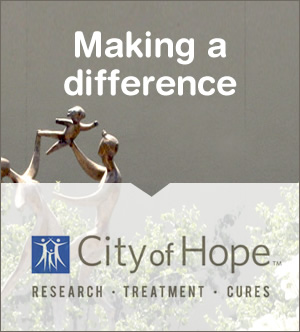
Together We Can Defeat Cancer
04/14/2015 10:14PM | 7877 viewsOf all the cancers, breast cancer is the primary cause of death for Latino women in the U.S., while colorectal cancer is the second most common among men and women. With early detection and treatment, survival rates skyrocket.
Hispanic Access Foundation, with funding from the Centers for Disease Control and Prevention, launched a multi-year campaign to educate Hispanics about prevention and early detection of breast and colorectal cancers. Titled “Together We Can Defeat Cancer (Juntos Podemos Contra el Cáncer) the effort included dozens of free educational works, a PSA campaign and toll-free helpline to connect Hispanics to the resources they need.
Through this campaign, HAF directly assisted nearly 7,500 Hispanics and connected nearly 60,000 more to bilingual cancer and health related servcies. Additionally, we conducted an indepth behavioral change study with several of our participants in Denver and Yakima, WA to identify the best practices that should be used when engaging Latinos, educating them and motivating them to take action.
HAF prides itself on its ability as a connector that helps remove barriers and link Hispanics to existing resources. Throughout this project, HAF collaborated with several local partners that offer expertise and services. Key partners in this initiative include the Greater New York City Affiliate of Susan G. Komen for the Cure,University of Texas School of Public Health, Miami-Dade Area Health Education Center, lay health educators and other nonprofit organizations.
Poor health outcomes, unfortunately, are a common reality in the Hispanic community. Whether it’s the lack of having a primary doctor or access to health care in general, through education we can empower Latinos to become advocates for their health.
The main purpose was to emphasize that women over 40 years of age should be screened for breast cancer regularly, while both men and women over the age of 50 should be screened for colorectal cancer. Not all screenings are cost prohibitive and in some cases even the uninsured can receive screenings, but early detection leads to improved survival rates for most everyone.
This project helped increase the understanding of preventive health care within the Hispanic community and put them on the path to greater health outcomes.











Post your Comment
Please login or sign up to comment
Comments